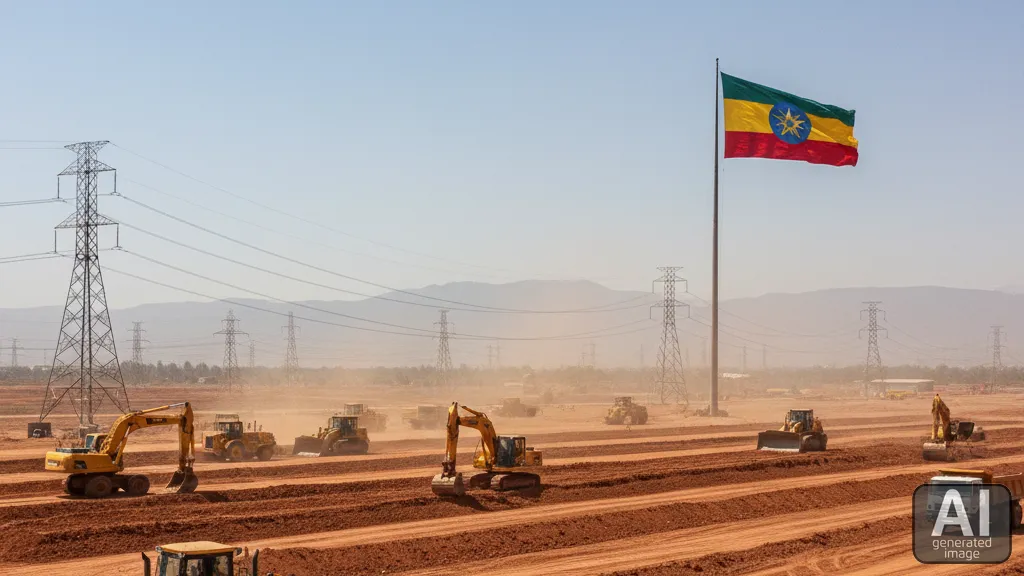Ethiopia Moves Ahead With $1 Billion Aluminum Smelter Agreement

Ethiopia advances a 1 billion dollar deal with Rusal for a 500,000 ton aluminum smelter, boosting industrial growth and long term manufacturing capacity.
Ethiopia has taken an important step toward strengthening its industrial metals sector with the signing of a preliminary agreement between Ethiopian Investment Holdings and Rusal, one of the world’s largest aluminum producers. This partnership lays the foundation for the development of a large scale aluminum smelter that is expected to significantly expand the country’s manufacturing base. With a planned annual production capacity of 500,000 metric tons, the project represents a bold move to position Ethiopia as a competitive player in the global aluminum market while accelerating its broader industrialization agenda.
The first phase of the project involves an estimated investment of 1 billion dollars, signaling strong foreign investor confidence at a time when Ethiopia is actively restructuring its economic landscape. Early stage activities are already in progress, including site identification, permitting work, and a full feasibility study to assess technical, environmental, and financial requirements. The project is designed with a long term operational horizon of 50 years, reflecting the government’s ambition to build a sustainable metals processing sector rather than relying solely on raw material trade. Construction is expected to span three to four years, during which the project will require extensive development of energy infrastructure, utilities, and transport linkages.
This agreement also follows a series of major foreign investment initiatives recently concluded by Ethiopia, including large fertilizer production ventures and cooperation agreements on nuclear power development. Together, these projects underscore the country’s strategy of attracting capital intensive industries to drive economic transformation. By integrating aluminum smelting into its industrial portfolio, Ethiopia aims to leverage its hydropower potential, expand export oriented manufacturing, and deepen value addition in the metals segment. Rusal’s involvement offers access to advanced technology, global marketing networks, and operational experience that could accelerate Ethiopia’s learning curve in primary aluminum production.
In the long term, a successful aluminum smelter could stimulate the growth of downstream industries such as cable manufacturing, automotive components, packaging materials, and construction inputs. It may also strengthen Ethiopia’s position within Africa’s fast evolving industrial landscape, offering a new model for how resource constrained countries can attract large scale metallurgical investments. If delivered as planned, the project could boost Ethiopia’s GDP, create thousands of jobs, enhance its export revenues, and contribute to the continent’s ambition of expanding local metals processing capacity.
Mini Glossary
- Feasibility study: An assessment that determines whether a project is technically and economically viable.
- Smelter: An industrial facility that extracts and refines metals from raw materials using high temperature processes.
- Value addition: Increasing the economic value of raw materials by processing or manufacturing them into finished or semi finished goods.
- Hydropower potential: The ability of a country to generate electricity using water resources such as dams and rivers.
- Metallurgical industry: The sector involved in the extraction, processing, and production of metals.
